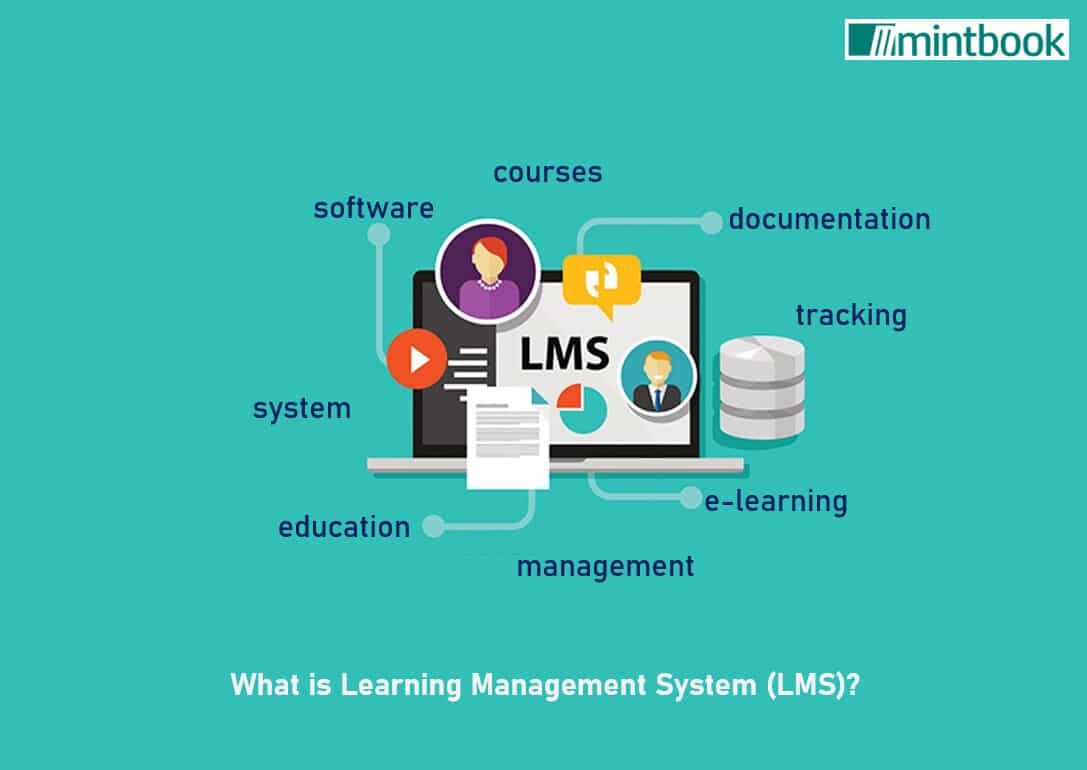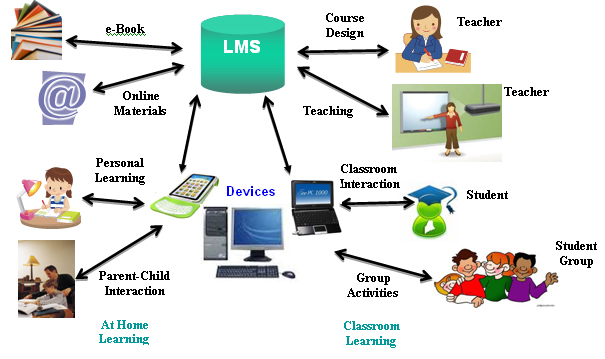Canvas Singapore: A Modern System for Digital Learning Needs
Canvas Singapore: A Modern System for Digital Learning Needs
Blog Article
Knowing Management Solutions: Simplify and Track Your Understanding Objectives
In today's academic landscape, Knowing Administration Solution (LMS) stand out as pivotal tools for boosting the effectiveness of discovering procedures. The question remains: what particular functions can an LMS deal to maximize your knowing journey and guarantee you fulfill your purposes?
What Is a Learning Management System?
An Understanding Management System (LMS) is normally a software program application designed to help with the administration, paperwork, tracking, and delivery of academic training courses or training programs. At its core, an LMS gives a centralized platform where teachers and learners can engage successfully. This system streamlines the instructional process by enabling instructors to produce and manage content, evaluate trainee efficiency, and interact with learners.
LMS solutions come geared up with numerous attributes, such as program enrollment, web content monitoring, and coverage devices (lms singapore). They support varied knowing formats, consisting of e-learning, mixed discovering, and standard classroom instruction. Furthermore, LMS platforms can incorporate multimedia elements, such as videos and interactive tests, boosting the finding out experience
The application of an LMS can vary substantially based on the requirements of the organization, varying from small companies to huge schools. This adaptability makes LMS solutions ideal for different contexts, including company training, specialist advancement, and scholastic education and learning. As innovation proceeds to develop, the role of LMS in cultivating efficient learning settings stays increasingly crucial, giving both trainers and learners with the necessary devices to attain their instructional objectives.
Advantages of Using an LMS
Using a Learning Monitoring System provides numerous benefits that enhance both mentor and learning experiences. Primarily, an LMS centralizes instructional sources, making it simpler for instructors to organize and supply content to pupils. This streamlined accessibility to materials promotes a reliable learning atmosphere where students can engage with coursework at their very own pace.
Additionally, LMS systems often come furnished with analytics and reporting attributes, allowing teachers to track trainee progression and identify areas where individuals might require additional support. This data-driven technique not just educates instruction however additionally boosts total student outcomes by assisting in targeted treatments.
In addition, the flexibility of an LMS accommodates different discovering designs and choices, making it possible for the assimilation of multimedia sources that deal with diverse student needs. This adaptability is particularly important in today's progressively electronic landscape.
Moreover, an LMS advertises cooperation via conversation online forums and team activities, motivating peer interaction and communication. Such engagement enhances important thinking and analytic skills, important parts of a versatile education. Overall, the benefits of making use of a Learning Monitoring System significantly add to a more organized, efficient, and reliable instructional experience for both trainers and learners.
Key Attributes to Seek
When choosing a Knowing Management System (LMS), numerous crucial functions can dramatically impact the efficiency of the platform. User-friendliness is vital. An intuitive interface ensures that both learners and managers can browse the system effortlessly, lowering training time and enhancing involvement.
Next, robust coverage and analytics capabilities are critical. These functions allow companies to track learner progression, examine training course performance, and identify locations for improvement. Thorough insights promote notified decision-making and boost the overall understanding experience.
In addition, scalability is an essential factor to consider. The LMS should be able to fit an increasing number of customers and web content without compromising performance. This versatility makes sure the system can expand along with the organization.
Assimilation with existing devices and systems is also important. An LMS that perfectly gets in touch with various other software program, such as human resources systems or material writing devices, boosts workflow efficiency and data consistency.
Lastly, consider mobile compatibility. A mobile-friendly LMS allows learners to access materials anytime, anywhere, promoting a more flexible learning environment. lms singapore. By prioritizing these key features, this page companies can select read this article an LMS that properly fulfills their instructional objectives
Carrying Out an LMS in Your Process
Choosing the best Learning Management System (LMS) is just the initial action; successful implementation within your operations is just as vital. To make certain a smooth shift, begin by clearly specifying your discovering goals and desired end results. Include essential stakeholders at an early stage to garner assistance and address potential concerns.
Following, examine existing processes and determine how the LMS can incorporate effortlessly. This involves drawing up process, determining which attributes of the LMS will be made use of, and designating roles for web content production, monitoring, and user accessibility. Supplying adequate training for all customers is essential; take into consideration tailored sessions to resolve different ability levels and duties.

Last but not least, preserve look these up open lines of communication throughout the execution procedure. Regular check-ins with customers will aid determine any obstacles and assist in ongoing assistance, making sure that the LMS becomes an indispensable part of your learning environment.
Best Practices for Objective Tracking
To successfully track learning objectives within your LMS, it's important to develop clear metrics and criteria that align with your instructional goals. Begin by specifying particular, quantifiable, achievable, appropriate, and time-bound (CLEVER) goals for students. This clarity will make it possible for both instructors and trainees to check progress efficiently.
Make use of the built-in analytics tools of your LMS to collect information on course completion prices, assessment scores, and interaction degrees. Routinely examine these metrics to recognize trends, areas for renovation, and potential obstructions. Integrating developmental assessments throughout the knowing process can supply prompt feedback, enabling modifications to be made in real-time.
Furthermore, urge self-tracking amongst students by providing them with tools such as progress charts or control panels. This cultivates accountability and motivates them to take ownership of their academic journey.
Finally, interact consistently with students concerning their progression. Set up check-ins or feedback sessions can help reinforce goals and urge discussion about obstacles dealt with. By applying these best techniques, organizations can make sure reliable objective tracking, ultimately boosting the general discovering experience and results within the LMS framework.

Final Thought
In recap, Learning Management Systems (LMS) offer as very useful devices for improving educational experiences by centralizing sources and promoting interaction between educators and students. Eventually, an LMS is important for accomplishing academic purposes and cultivating a favorable learning setting.
Report this page